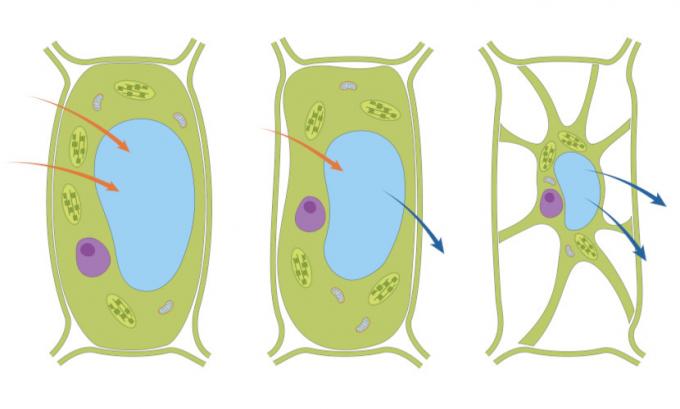Once upon a time there was a girl who planted several small seeds in a bed full of earth. A few days passed and not a small seed germinated. The girl asked herself "What will be missing for my seeds to be born?" the girl's father, seeing that, he went to the construction site to check what was really missing and saw that there was no worms!
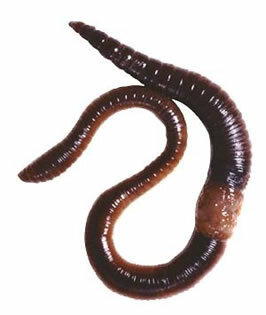
Some find earthworms disgusting, but they are very important to the soil.
But what are earthworms, and why are they so important?
the worms areinvertebrate animals, incylindrical and elongated bodyformed by several rings.
The earthworm is very important to the soil, for several reasons. First of all, she isdetritivore, that is, it feeds on organic remains of plants and animals. By having this type of diet, she eliminates food residues in her feces that suffer the action of decomposing bacteria. These bacteria, when acting on these food debris, produce astuff calledhumus.
Ohumusis very important for plant growth as it contains nitrogen, phosphorus and potassium, nutrients needed for the plant to grow and develop.
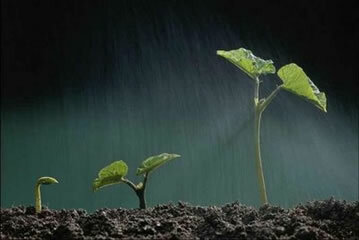
The plant needs several nutrients to develop
In addition to producing thehumusnecessary for the growth of plants, earthworms, as they move underground, tunnels, which favor the ventilation of plant roots and the penetration of rainwater, which contributes to better water absorption by the roots.

Earthworms help plant development
At worms they can live for around 16 years, reproducing very quickly. It is calculated that each worm it lays around 15 million eggs in its lifetime. A lot, isn't it?
Soils that have a large amount of worms are considered very fertile soils, where everything that is planted, is born.
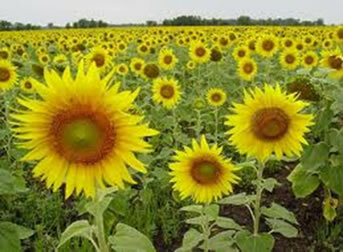
In fertile soils, everything that is planted, is born
But what about the girl's seeds, were they born?
As the girl's father looked in the bed and saw that there were no worms, he collected some worms in another location and placed them in the bed where the girl had planted the seeds.
After a few days, watering constantly, the girl noticed that the plants began to germinate. And, after a few weeks, she looks like the girl's flowerbed has turned...
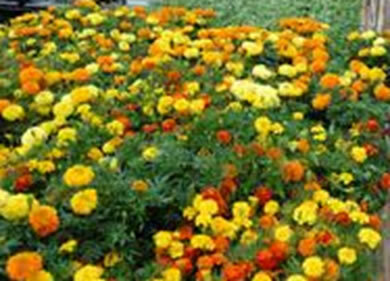
After taking care of the little plants, watering them every day, the girl's bed was full of flowers!
Paula Louredo
Graduated in Biology

